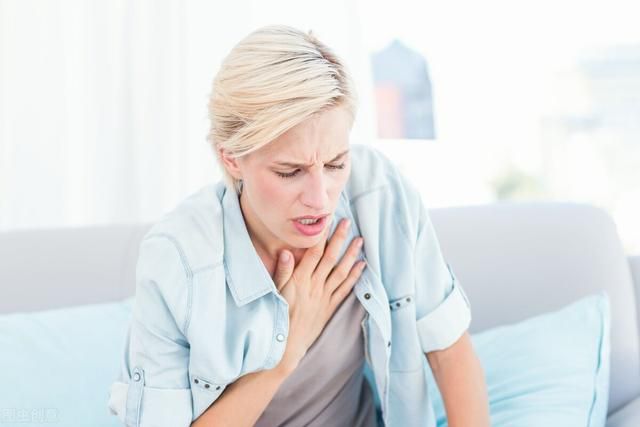Wheezing
Wheezing is a condition that flares up paroxysmally. It falls in the category of latent Rheum accumulation among illnesses of Phlegm-Rheum. It is characterized by a whistling sound during exhalation, rapid breathing and dyspnea. In severe cases the patient has great difficulty breathing in a recumbent position and prefers to be upright.
Wheezing is typically associated with air hunger, gasping wet-sounding whistling in the throat, cough with sputum and chest tightness. The whistling characteristically resembles the croaking of frogs. In general, wheezing first appears during childhood, and may be precipitated by Wind injury, seasonal changes, excessive fatigue, intemperate diet, and irregular living habits. It often recurs repeatedly over several years or several decades. Wheezing attacks show a strong relationship to seasons, occurring most commonly between early autumn and early winter, and next most commonly during spring. Few attacks occur in summer. Some patients, however, have attacks all year round. Wheezing is often hereditary and affects relatives as well.
In general the basic pathology that produces wheezing is Phlegm lodged in the interior and stimulated to act by a new exogenous pathogenic agent attacking the body. It blocks the air passages and impairs the dispersion and descent of lung-Qi. Phlegm is an abnormal product, the result of transformation from the body fluids.
